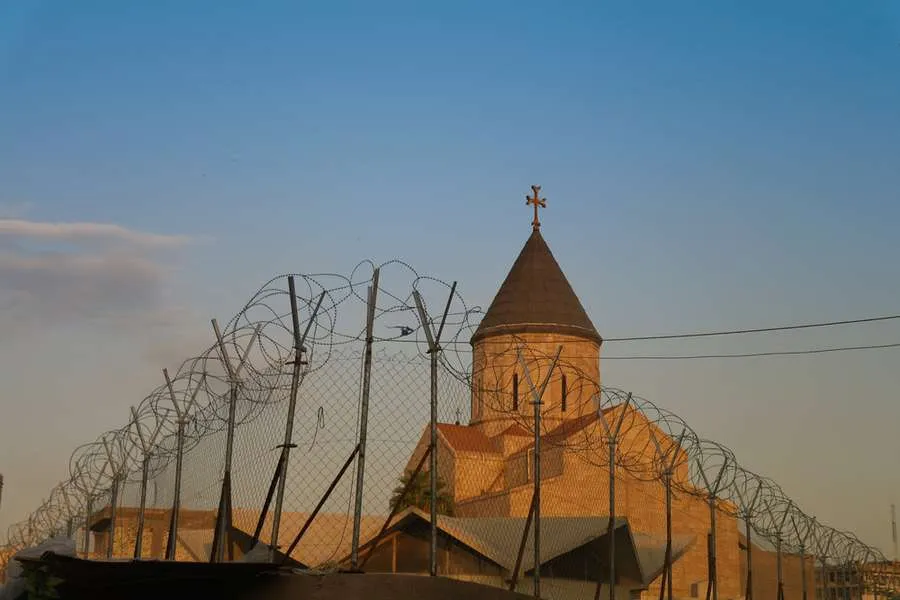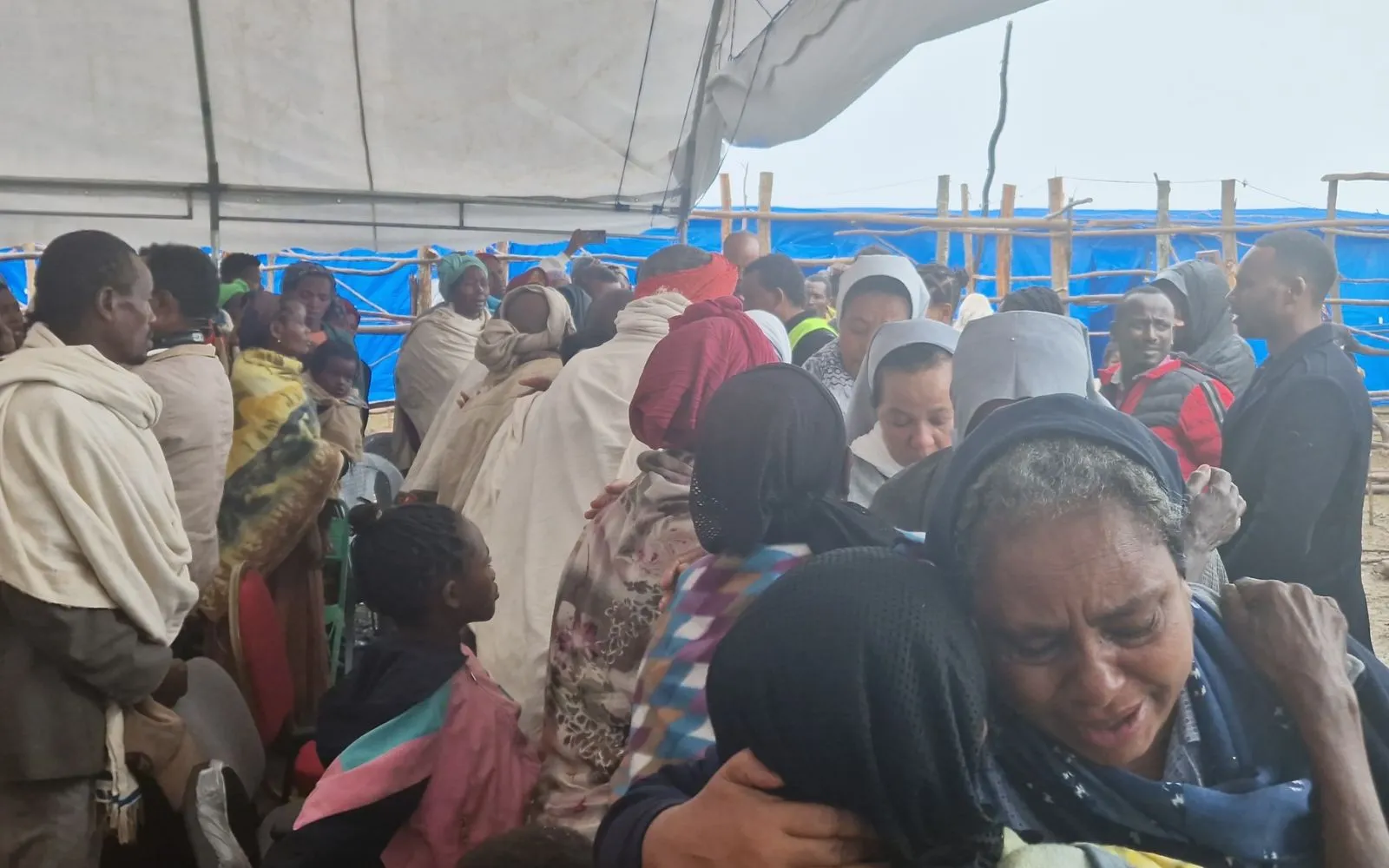Washington D.C., 03 January, 2020 / 10:45 pm (ACI Africa).
Christian communities in the Middle East are likely to suffer renewed persecution amid the instability following recent U.S. airstrikes, experts have warned.
Qasem Soleimani, the head of the Iranian Revolutionary Guards’ Quds Force, was killed in a Jan. 3 airstrike at Baghdad International Airport, ordered by President Donald Trump. Also killed in the strike was Abu Mahdi al-Muhandis, the leader of the Popular Mobilization Forces, and Iraqi militia which has fought against ISIS.
The airstrike followed an attack on the U.S. embassy in Baghdad, and U.S. officials claim that Soleimani had planned additional attacks against Americans.
Christian groups say that in the face of escalating conflict and instability in the country and region, focus must be maintained on the marginalized religious populations in the country.
"General Soleimani and his Quds Force wreaked havoc on Christians and others in Iraq, Iran, Lebanon, and Syria for decades. We pray his passing will mark the end of an era of terrorism and instability,” said Peter Burns, director of government relations and policy at In Defense of Christians.








